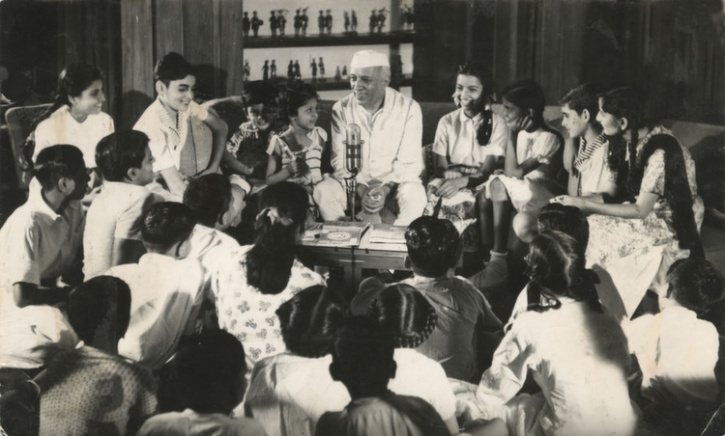Pandit Jawaharlal Nehru, India’s first prime minister, was born on November 14th. His birthday had been a public event since 1947, with meetings and games for children. So, ten years later, the Indian government officially declared November 14 to be Children’s Day.
After his death in 1964, the government of India passed a resolution in Parliament relocating Children’s Day to his birth anniversary. Pandit Nehru believed that children are important in the development of a nation. He advocated for a well-rounded education for them.
It was originally observed on November 20 in accordance with the United Nations’ declaration of Universal Children’s Day, but following the death of Jawaharlal Nehru in 1964, a resolution was passed in the Indian Parliament and November 14 was designated as Children’s Day to honour his legacy.
Every year on November 14, India celebrates Children’s Day, also known as “Bal Diwas,” to commemorate the birth anniversary of India’s first Prime Minister, Pandit Jawahar Lal Nehru. Among children, he was affectionately, lovingly, and popularly known as “Chacha Nehru.”
Jawaharlal Nehru, one of India’s most prominent nationalist leaders, was known to be fond of children and saw enormous potential in them. They affectionately referred to him as “Chacha Nehru.”
He saw the future of India in their innocent faces. He was convinced that no amount of money spent on children and their mothers was excessive and that it was a good long-term investment.
Nehru’s vision was instrumental in the formation of India’s premier educational institutions, the Indian Institutes of Technology and the Indian Institutes of Management.
Nehru believed that children were the true strength and foundation of a nation. “Today’s children will shape tomorrow’s India.” “How we raise them will determine the country’s future,” he said.
Several educational institutions of national importance were established during his tenure, including the Indian Institutes of Technology (IITs), the All India Institute of Medical Sciences (AIIMS), and the Indian Institutes of Management (IIMs).

